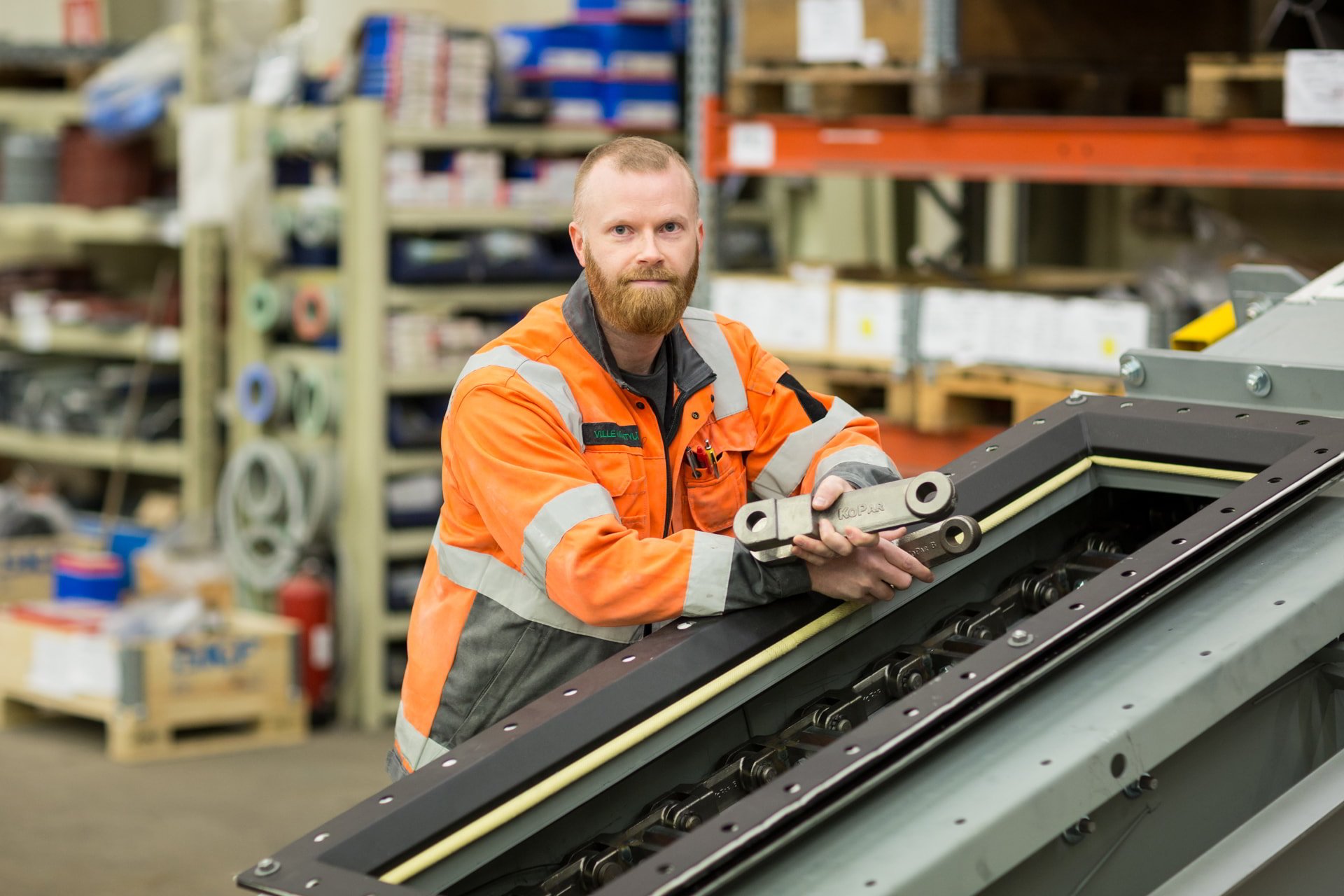Understanding the Importance of Proper Handling of Battery Raw Materials
Lithium-ion (Li-ion) batteries are ubiquitous in modern life, powering everything from smartphones to electric vehicles. However, the handling of raw materials used in these batteries poses significant environmental and safety challenges. Improper handling can lead to hazardous chemical leaks, fires, and environmental contamination. Understanding the importance of proper handling is the first step in mitigating these risks.
When raw materials such as cobalt, nickel, and manganese are mishandled during mining, refining, or in gigafactories, they can contaminate soil and water, posing risks to both human health and wildlife. Additionally, the high reactivity of these materials makes them prone to fires if improperly managed. Therefore, it is crucial to follow best practices for their handling to ensure safety and environmental protection.
Identifying When Raw Materials Need Special Handling
Recognising when raw materials require special handling is essential for maintaining safety and environmental standards. Common signs include physical damage to storage containers, significant changes in material quality, or visible contamination. If raw materials show any of these signs, it is time to consider special handling procedures.
It is also important to note that storing old or damaged raw materials can be hazardous. Contaminated or damaged materials should be handled with care and processed promptly to avoid potential risks such as leaks or fires. Always check the manufacturer's guidelines for specific indicators that raw materials need special handling and processing.
Safe Handling and Storage of Raw Materials
Before processing raw materials for Li-ion batteries, it is crucial to handle and store them safely. Avoid puncturing or crushing storage containers, as this can release harmful chemicals and increase the risk of fire. If the materials are damaged, place them in a non-conductive container, such as a plastic or glass jar, to prevent short-circuiting.
For added safety, consider using non-conductive barriers to separate different types of raw materials and prevent accidental reactions. Store the materials in a cool, dry place away from flammable substances until they can be properly processed. These precautions can help minimize the risks associated with handling and storing raw materials for Li-ion batteries.
Utilizing Specialized Handling Services
One of the most effective ways to manage raw materials for Li-ion batteries is through specialized handling services. Companies like Kopar offer comprehensive solutions for the safe and efficient handling of battery raw materials. Kopar's services ensure that materials are managed by professionals who can safely process and store them, minimizing environmental and safety risks.
Local facilities and specialized companies also offer handling and processing services for raw materials. Check with your local government or industry associations for information on available services in your area. By utilizing these specialized services, you can help reduce environmental impact and promote the sustainable use of resources.
Legal and Regulatory Considerations
Handling raw materials for Li-ion batteries is subject to various legal and regulatory requirements. In many regions, it is illegal to mishandle these materials due to their hazardous nature. Familiarise yourself with local regulations to ensure compliance and avoid potential fines or penalties.
Regulations often mandate specific handling methods and may require documentation of proper handling. Businesses, in particular, should be aware of their obligations under environmental laws and ensure that their handling practices meet regulatory standards. Staying informed about legal requirements can help ensure safe and responsible management of raw materials.
Environmental and Economic Benefits of Proper Handling
Proper handling of raw materials for Li-ion batteries offers significant environmental and economic benefits. Efficient handling helps recover valuable materials such as lithium, cobalt, and nickel, which can be reused in the production of new batteries. This reduces the need for mining and conserves natural resources.
Environmentally, proper handling prevents the release of toxic substances into the environment, protecting ecosystems and human health. Economically, efficient handling creates jobs and supports industries that rely on reclaimed materials. By following best practices for handling, we can contribute to a more sustainable and circular economy.
Conclusion
Proper handling of raw materials for Li-ion batteries is essential for safety, environmental protection, and resource conservation. By understanding the importance of proper handling, recognizing when materials need special handling, storing materials safely, utilizing specialized services, and complying with legal requirements, we can mitigate the risks associated with these materials.
As we continue to rely on these powerful energy sources, it is our responsibility to ensure their raw material management is conducted in a safe and sustainable manner. By following these best practices, we can protect our environment and promote the responsible use of technology.

You have a challenge that needs solving?
Let us help! Contact us for more information about our products and services.
